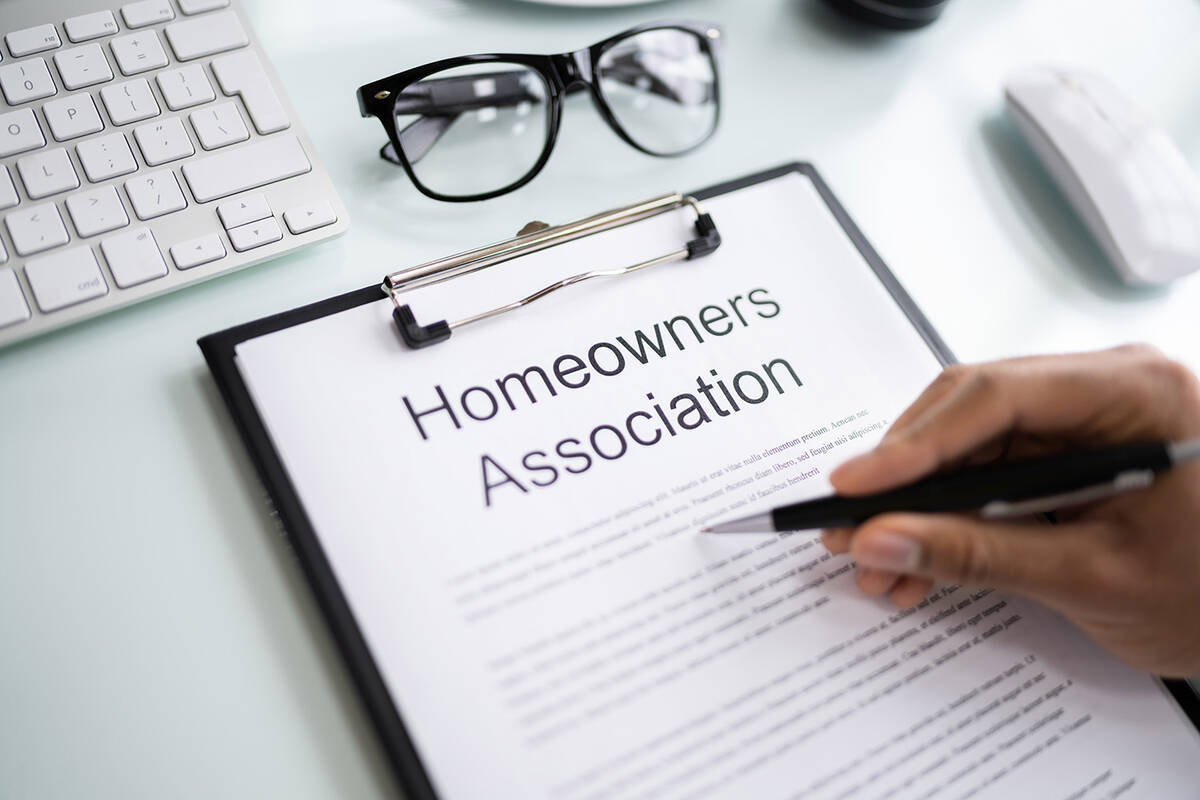Homeowner says it’s time to for HOAs to ditch Zoom meetings
Q: It’s been four years since COVID, and quite frankly, I’m tired of hearing excuses from lazy people who refuse to convene as normal. And while I understand the convenience of Zoom meetings, they are not without fault and major issues.
For one thing, there will always be “technical” difficulties. It’s the internet, after all. And several times our community manager has either given out the wrong or incorrect link, which caused many homeowners to miss the meeting. Others figured it out when they couldn’t log into the meeting after a few tries. Meanwhile, the meeting continued causing most of us to log in late and missing the homeowner forum at the top of the meeting.
We also have trouble hearing any speaker at the meeting, including the board of directors and management. User microphones differ in volume depending on the device they’re using and how close they are to their mike pickup. And, of course, there will always be some folks who don’t know how to “mute” themselves and wind up talking over each other, as well as talking over management and the board.
Besides those difficulties, Zoom meetings are not conducive to the general membership. Zoom meetings have a tendency to be rushed and/or glossed over, especially during the homeowner’s forums.
This happens a lot when management doesn’t acknowledge a homeowner when their hand is raised for asking question. Being overlooked is very frustrating to all. When brought to management’s attention, we are then told to email our questions at a later time. Sorry, but that is not the same as getting an immediate response (per agenda item), especially during the agenda forum. Homeowners are feeling completely ignored and disrespected. This type of disregard would never happen if we had board meetings in person.
In addition to the above, there is no semblance of order using Zoom. At least that hasn’t been our experience. Nothing about a Zoom meeting resembles anything similar to a normal board meeting prior to 2020. This brings me to a major point and most important part of this discussion — election meetings. During an election meeting (before COVID), ballots were brought into the meeting room by management, who was seated at a table with the board, facing the audience (homeowners).
When it came time to count the ballots, two unrelated homeowners were chosen to help management count/verify the total results. Sometimes, but not always, a third party would also be available to corroborate/tally the votes. This was all done in front of the homeowners to maintain the honesty of the election results.
Currently, the homeowners feel this cannot be done via Zoom with integrity, as each board member and management are in different locations. In addition, the homeowners are no longer an eyewitness to the handling of ballots, etc. Not to mention who will verify the results? We can’t trust management alone, nor can we have current board members (one or more who may be up for re-election) verify the results, as this would be a conflict of interest. With all that said, please tell us that something as important as an election meeting, results and verification should/will be held in person. In fact, all board meetings should be held in assembly. There’s no good reason not to anymore.
A: To the best of my knowledge, there has not been any new meeting laws from the 2023 legislative session or any Nevada Real Estate Division opinion as to whether internet meetings do not meet the requirements under NRS 118 statutes for annual or board meetings, as to stating the time and place of the meeting and including a copy of the agenda.
Many of my readers have complained about the internet meetings as they prefer meetings in person. Until either the Legislature or the NRED make specific changes to the current laws or develop a set of specific standards for electronic meetings, my only suggestion you is to attend one of the meetings of the Commission for Common-Interest Communities . At their meetings, there is an open forum where one could address the commissioners.
Not all of their meetings are here in Las Vegas, so depending upon which meeting you would be attending, expect to speak to them via the internet in the meeting is being held in Carson City.
Q: I’m on the homeowners association board and we are considering asking our residents if they have current vehicle insurance when they fill out their confidential resident information form. The only information that is asked is vehicle year, make, model and license plate number and state. Any information you may have would be greatly appreciated. I’ve enjoyed reading your column, cmsutton2010@live.com.
A: Nevada Revised Statutes 118 does not address this issue. You would need to review your governing documents and discuss this matter with your association’s attorney. Under the law, vehicle owners, guests, contractors and suppliers should have active insurance in case there is an accident within your community. You would need to establish certain guidelines and procedures if your association was to adopt such a regulation. There would be an advantage if your association was gated to refuse entrance to non-insured vehicles. This does not come without any administrative hassles and you will have angry residents.
On the flip side, will you place additional liability on your board if there is an accident with an uninsured driver who entered your community?
Your association should start with your attorney who can review the appropriate laws. Your association may want to consider a survey to see how your residents respond to the idea. One question to ask, have there been multiple accidents where there was no car insurance? If not, the idea may be a moot point.
Barbara Holland, CPM, is an author, educator and expert witness on real estate issues pertaining to management and brokerage. Questions may be sent to holland744o@gmail.com.



















